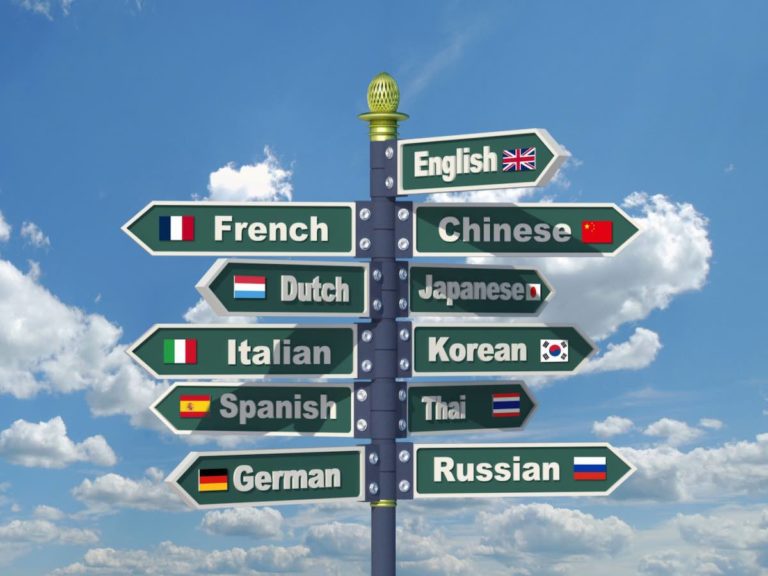Should You Take Honors Classes in High School
Honors classes are advanced-level courses that are more difficult than regular courses. They are offered to all four years of high school.
Taking honors classes can impact what colleges high schoolers get into, which majors they choose, and which scholarships they receive.
Below we will discuss the impact of taking advanced courses on your college admission chances.
Why Honors Classes Can Boost College Chances
Although colleges and universities do not require applicants to have taken honors classes in high school, admissions officers at some of the most selective institutions love seeing them on the Common App or Coalition App.
Here are the reasons why you can enjoy increased chances of getting into college with honors classes:
Higher GPA
Your grades in your honors classes will count toward your GPA, which is one of the first few things that college admissions officers, especially at some of the most selective institutions in the land, will check out.
Compared to standard high school courses, honors classes can have a more substantial effect on your cumulative GPA.
That’s because they are weighted — their difficulty is taken into account.
As a result, any honors course is scored higher than any standard core course in high school.
Getting a grade of B in the honors class H Physics AB, for instance, can give you a higher GPA than getting a grade of B in the standard Physics class that most high school teens take in the 11th or 12th grade.
A More Challenging Curriculum
There’s no denying that the GPA is the single most important criterion in the college admissions process.
The only time it doesn’t count is if the postsecondary institution has an open enrollment or open admissions policy.
But another criterion plays an equally important role: academic rigor.
Admissions officers like it if applicants took a lot of courses that are more challenging than standard high school classes, such as honors courses. That’s because it demonstrates their willingness and capability to push themselves academically.
Your college application can look so much better with the presence of honors classes — it speaks volumes about your ability to ace difficult courses, such as the ones offered in college.
Better Class Ranking
Many highly selective colleges and universities consider class rank if the high schools of applicants rank their students.
As a matter of fact, according to US News, around 71% of them do.
We talked about earlier how honors classes can increase your GPA dramatically.
Needless to say, having one of the highest cumulative GPAs among your classmates can put you in the top 25% or top 10% of your graduating high school class, which is a plus if the college of your dreams considers class rank in admissions.
And even if class rank is not taken into account by college admissions officers or your high school doesn’t use any ranking system, having a high GPA as a result of taking honors classes is usually enough to make your application pop.
A Glowing Recommendation
About 80% of all institutions of higher education in the nation consider letters of recommendation to be an important component of a college application, says a National Association for College Admission Counseling (NACAC).
It’s not uncommon for many colleges, particularly the competitive kinds, to require applicants to submit more than one recommendation letter, with the additional ones coming from teachers.
Something that’s written by an honors course teacher can add a lot of value to your college application.
That’s because he or she can vouch for your ability to succeed in an advanced-level high school class, which indicates your readiness to face the challenging classes in an undergraduate program.
How Many Honors Classes Should You Take in High School?
According to high school counselors, taking two to three honors classes per semester is just right for most motivated and high-performing students.
Other than honors classes, high schoolers may also consider taking AP or IB classes, although it’s of utmost importance that they don’t bite off more than they can chew as it can do more harm than good to their GPA.
How To Get Into an Honors Class
Different high schools have different eligibility requirements when it comes to getting into honors classes.
It’s important for high schoolers to demonstrate that they can handle additional and more challenging coursework such as by taking prerequisite courses, meeting a minimum GPA and obtaining a letter of recommendation from a qualified teacher.
Honors Classes vs. AP Classes
Knowing the key differences between honors classes and AP classes allows you to determine which of these challenging courses are the right ones for you to take, especially if you are looking to apply to competitive colleges.
Difficulty Level
Both honors classes and AP classes are definitely harder than standard high school courses.
It’s important to point out, though, that honors classes are simply advanced-level high school courses. On the other hand, AP classes are college-level courses for high schoolers.
Some honors classes can be more difficult than others — as a matter of fact, some high schoolers may find certain honors classes to be tougher than some of the easiest AP classes out there.
Curriculum
Honors classes follow the curriculum designed by high school teachers or high school districts.
On the other hand, AP classes are designed by the College Board, which is responsible for the PSAT and SAT.
An honor class is usually one semester long, exploring more topics than a standard high school course.
Meanwhile, it’s not uncommon for some AP classes to last for two semesters — an entire year of high school. But there are also certain AP classes that are just as short as honors classes.
Availability
Honors classes are usually offered at all levels of high school. On the other hand, AP classes are commonly restricted to upper-level students as well as those who have taken prerequisite courses.
It doesn’t mean, however, that just because honors classes are more readily available than AP classes you will be able to take courses of your choosing — you will have to meet eligibility requirements beforehand.
The availability of honors classes as well as AP classes, still, is on a case-to-case basis at each high school.
GPA Weight
Something that honors classes and AP classes have in common is that they are both weighted.
This means that the difficulty level of honors and AP courses are taken into account during the computation of the student’s GPA, causing him or her to have a higher GPA than someone who took standard high school classes only.
However, it’s worth noting that honors classes tend to have less weight than AP classes. At most high schools, honors classes usually add 0.5 to a high school teen’s GPA, while AP classes typically add 1.0 to the GPA.
College Credit
Honors classes do not allow for the earning of college credit.
The AP program, on the other hand, makes it possible for high schoolers to earn college credit, but only if they take AP exams and obtain scores high enough to meet a college’s AP credit transfer policy — 3 or 4 at most selective colleges.
Skipping AP exams will keep one from earning college credit alright, but taking AP classes, just like honors courses, in most instances, enables a high schooler to have a more rigorous curriculum.
Disclaimer: The views and opinions expressed in this article are those of the authors and do not necessarily represent those of the College Reality Check.





